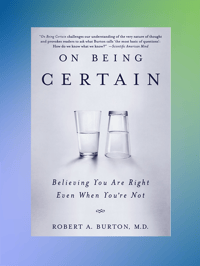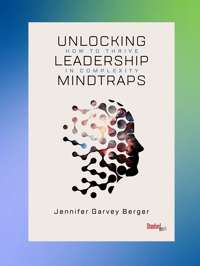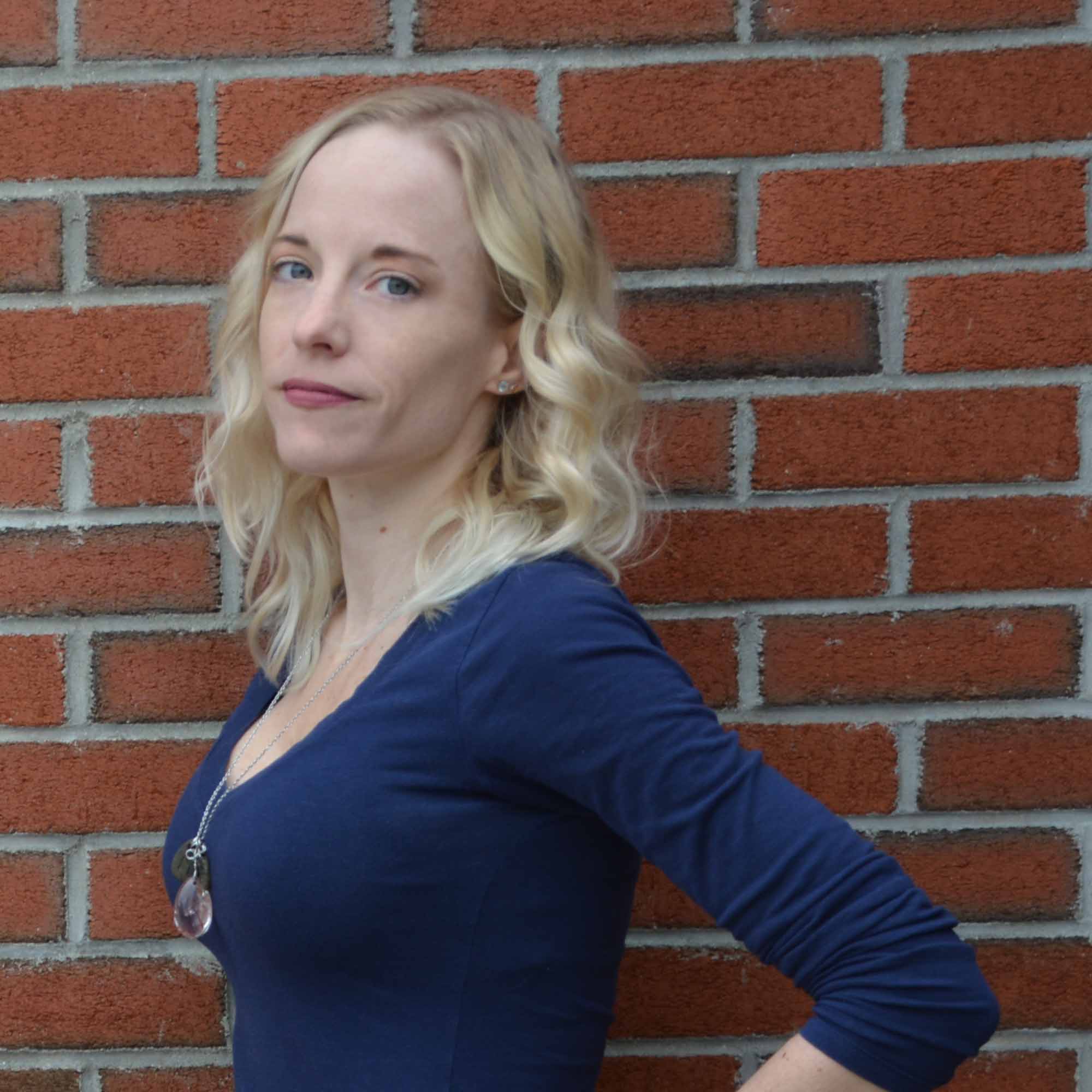There’s no such thing as a rocket scientist
No one person is capable of understanding all the science necessary to launch a rocket into space. Rocket science is a group effort. A collaboration of scientists. They may start the project focused on the components relevant to their specific expertise. But the rocket literally cannot get off the ground until all those technical experts pool their specialist knowledge to make the components into a functional system.
Today’s complex science requires collaboration
Thomas Edison often gets the lion’s share of the credit for inventing the light bulb. But that’s a myth. At best, an over-simplification. Perhaps the most important invention of Edison himself, singular, was his Menlo Park research lab. Edison invented the concept of collaborative science. He implemented his idea as the now famous Menlo Park research lab.
The inventions that came out of Menlo Park, and the subsequent, larger West Orange, New Jersey research lab, weren’t the stuff of Edison’s brain flying solo. They were the product of Edison and a staff of over 200 scientists, machinists and other experts. Edison referred to them as his ‘Muckers’. The electric light bulb, the phonograph and the motion picture camera were Mucker collaborations directed, but not defined, by the ‘Mucker-in-Chief’.
Edison understood that modern science built on top of a multi-disciplinary foundation. Each participating field required expert knowledge. Edison’s genius was guiding the collaborations of all those experts. Navigating the difficult conversations between experts from different fields. Scientists and technicians who knew their specialties inside and out. But as scientific pioneers, none could have known how the disciplines would mesh.
‘Certainty is not a fact. It’s a feeling.’ —Dr. Robert Burton
 We’ve all been on both sides of those debates. Those times when you know your code’s ultimate capacity. You’ve pushed it as far as it can tilt. And your colleague is just as certain that the module they developed can be adapted to work, with a ‘reasonable’ extension of your framework’s current limits. The experimental procedure that you pitched. The one you were absolutely sure could hit three-sigma (~99.7% confidence interval). But it never got past the review committee. They couldn’t decide whether it was revolutionary or reckless.
We’ve all been on both sides of those debates. Those times when you know your code’s ultimate capacity. You’ve pushed it as far as it can tilt. And your colleague is just as certain that the module they developed can be adapted to work, with a ‘reasonable’ extension of your framework’s current limits. The experimental procedure that you pitched. The one you were absolutely sure could hit three-sigma (~99.7% confidence interval). But it never got past the review committee. They couldn’t decide whether it was revolutionary or reckless.
In his book, On Being Certain, neurologist Dr. Robert Burton explores the neuroscience of human certainty. He begins with the observation that ‘Certainty is not a fact. It is a feeling’. Dr. Burton goes on to explore how, certainty, the feeling of surety about the things you just know, comes from a part of the brain that is actually entirely distinct from the part of our brain that applies reason and rational thought.
So, while you argue the validity of your science to your teammate, your certainty is not the product of your knowledge. It is a sensation that happens to you. That rocket ship is never going to launch if the team of scientists and specialists designing it don’t acknowledge that combining any set of ‘knowns’ creates a set of hypothetical outputs. And that set consists of expectations, known unknowns and unknown unknowns. And those unknowns are how science propels humanity forward.
Fact: Certainty = Confirmation bias blinders
Science thrives on disconfirming data. Replication of the experiment and results are the substantiation that make the hypothesis into a fact. But exploring and defining the variations, outliers and unknowns, known and unknown, are where the magic happens. Replication and substantiation are the last part of discovery and development.
Today’s science needs teams and collaborators to integrate all the disciplines. Your next smartphone, cancer treatments without the petrifying side effect profiles, the next generation of space shuttles and efficient water desalination units are depending on scientists and creators to take off the confirmation bias blinders that are certainty. We’re combining scientific disciplines in novel ways. The only way that you will know is when it’s done. Not before.
 Join WEST for a workshop about these difficult conversations led by Dr. Amy Rebecca Gay. Dr. Gay will provide practical methods for distinguishing your certainty from your knowledge and reasoning. She will also teach realistic approaches to moving past your own certainty, and helping your team to do the same.
Join WEST for a workshop about these difficult conversations led by Dr. Amy Rebecca Gay. Dr. Gay will provide practical methods for distinguishing your certainty from your knowledge and reasoning. She will also teach realistic approaches to moving past your own certainty, and helping your team to do the same.
Click on the book images to help support WEST by purchasing these books at our Amazon store. You won’t be charged extra, but you will help us fund more great workshops and networking events supporting women in STEM. Thanks!


